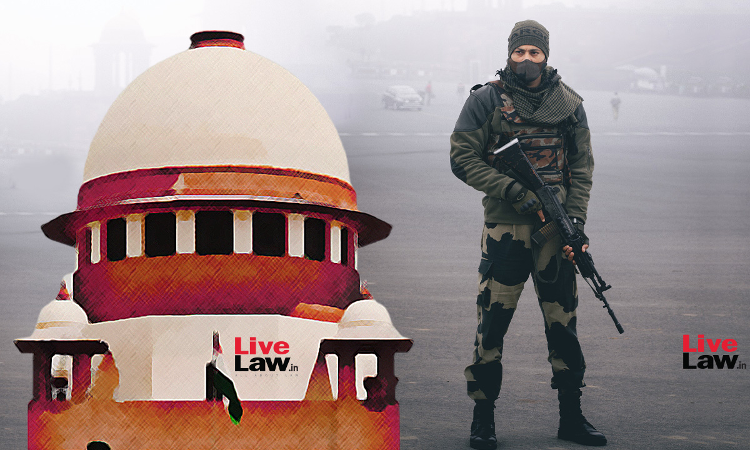Extramarital Affairs Disrupt Cohesion Of Armed Forces Units, Disturbs Command Structure : Centre Tells Supreme Court
Sohini Chowdhury
1 Feb 2023 9:30 AM IST

Since armed forces follow a gender neutral approach in taking disciplinary action for adulterous conduct, the principle in 'Joseph Shine' case is not applicable, Centre argued.
Next Story


